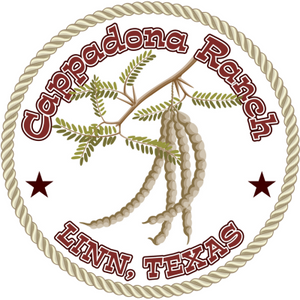There is a small island nation, situated off the northeastern coast of Saudi Arabia, in the oil-rich region of the Persian Gulf known officially as the Kingdom of Bahrain.
This archipelago of approximately 84 islands, centered around Bahrain Island, is approximately 92% desert. The kingdom suffers from droughts and dust storms brought in by winds from Iraq and Saudi Arabia.
And standing alone, in the heart Bahrain’s desert, miles away from its capital, Manama, thrives Sharajat-al-Hayat, or the Tree of Life. The 32-foot tall mesquite tree has survived in this brutal climate for over 400 years with no visible source of water, miles away from any other vegetation, growing in stature and in legend.
The lone mesquite stands on a hill in the Arabian desert, where average temperatures reach a stifling 105 degrees Fahrenheit and can soar to a boiling 120 degrees. Destructive sandstorms are common in the area, and yet, the mysterious tree continues to sprout an abundance of green leaves.
For centuries, the lonesome tree has stood as a vestige of another world; a miracle growing in the face of adversity. One legend tells of the Kingdom of Bahrain being the historical location of the Garden of Eden. The tree’s ability to bloom in the barren desert indicative of that bygone paradise. Perhaps the tree’s roots have reached some otherworldly source of water that has allowed it to flourish where others have died.
Others speak of the tree as being protected by the ancient Sumerian god of water, Enki, and that it has grown in that same place since pre-Islamic times.
Even scientists have given into the speculation. Some believe that the tree’s root system somehow manages to draw from an underground stream that’s two miles away! Still, others suggest that the mesquite tree has somehow developed a system to extract moisture from air that blows in from the Persian Gulf, as well as nutrients from the surrounding desert.
The truth has slowly begun to emerge, however, over the past few years as Bahrain’s government has begun to invest in studying and protecting the local tourist attraction that draws in approximately 50,000 visitors every year. In 2010, archaeologists discovered pottery and other human artifacts near the tree dating back to the time of a civilization known as the Dilmun.
Another study conducted by the government, with assistance from the Smithsonian Natural History Museum, found that the tree had initially sprouted around 1583. Interestingly enough, the mesquite Prosopis cineraria are native to the Americas and were not introduced into the Middle East until the 1950’s. Thus, there still remains an uncertainty as to how exactly this beautiful and mystical tree found its way halfway around the world.
Protected for centuries because of its isolation, the tree began to see hundreds, if not thousands, of visitors within the past few decades. Unfortunately, as civilization began to encroach in its direction, the tree became the victim of damage from vandals who would carve their name into it, while others burned portions of it in religious ceremonies.
Fortunately, this national monument found some level of protection in 2013, when the Bahrain government placed a concrete wall and pathway to safeguard it from further damage. While visitors still try to brand the tree, today they names are generally left with a permanent marker.
This glorious treasure continues to thrive in a world where few others could. Its endurance in such a remote and harsh environment truly makes it a Tree of Life.
If you want to taste mesquite bean products that will one day be as legendary as Bahrain’s Tree of Life, then Cappadona Ranch has just what you need.
From our one-of-a-kind, delicious Cappadona Ranch Mesquite Bean Jellies, to our savory and sweet Roasted Mesquite Bean Roasted Coffee, we just can’t seem to get enough of mesquite beans.
If you want to get your hands (and tastebuds) on some of our delicious “Texas gold” treats, contact Cappadona Ranch today at (956) 867-1819 or at info@cappadonnaranch.com.





